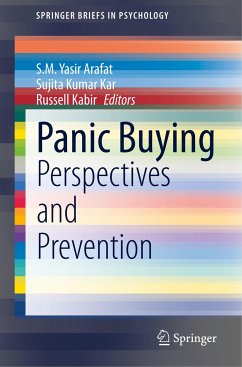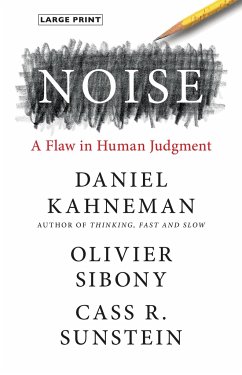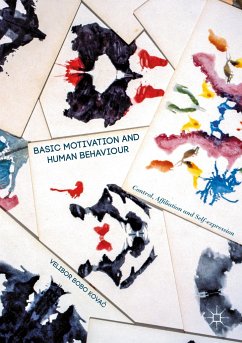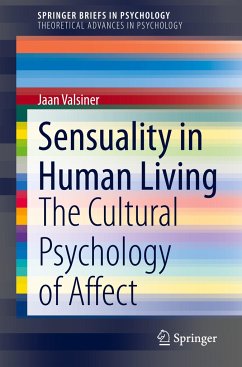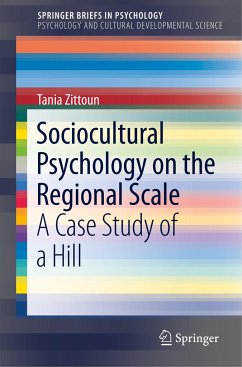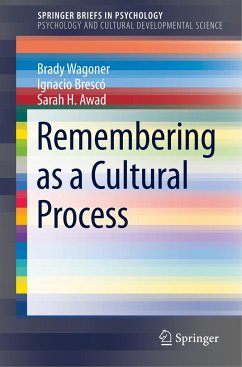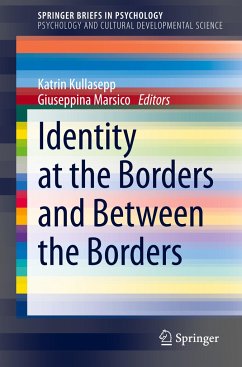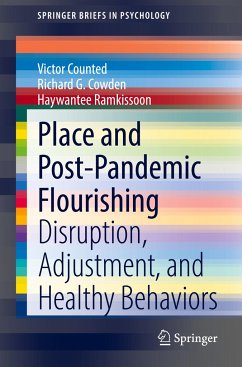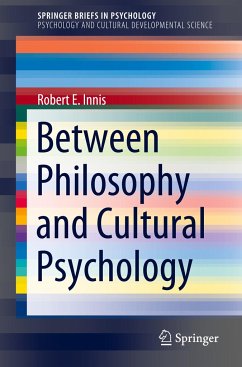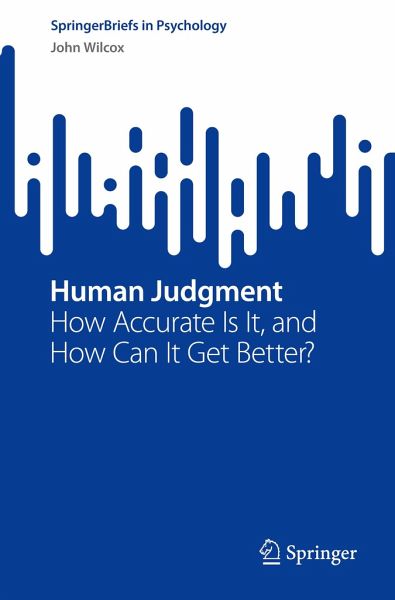
Human Judgment
How Accurate Is It, and How Can It Get Better?

PAYBACK Punkte
21 °P sammeln!
We humans make judgments about a staggering variety of topics. These include which medical condition is the correct diagnosis for your symptoms, whether a particular defendant is guilty of some crime or whether a particular political candidate will win an election-to name a few of countless examples. But how accurate are the judgments we all make, and how can they get better? This book synthesizes interdisciplinary research about these questions into one volume. In doing so, it uniquely draws on insights from fields as diverse as medicine, political judgment, cross-cultural psychology, evoluti...
We humans make judgments about a staggering variety of topics. These include which medical condition is the correct diagnosis for your symptoms, whether a particular defendant is guilty of some crime or whether a particular political candidate will win an election-to name a few of countless examples. But how accurate are the judgments we all make, and how can they get better? This book synthesizes interdisciplinary research about these questions into one volume. In doing so, it uniquely draws on insights from fields as diverse as medicine, political judgment, cross-cultural psychology, evolutionary history and the heuristics and biases research program. Consequently, the book also enables readers concerned with judgmental accuracy in one field to benefit from the insights in others. Moreover, the author introduces an emerging field of research: empirical epistemology or normative cognitive science. The book lastly articulates a set of recommendations-recommendations aiming to improve our judgment, our decision-making and ultimately our lives.





